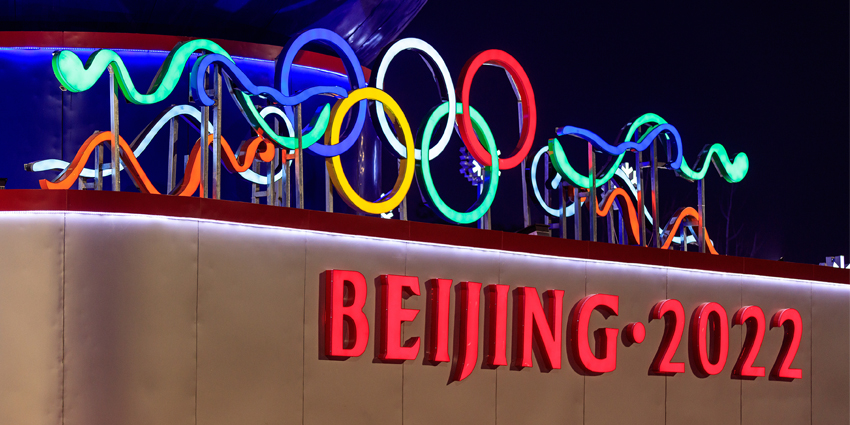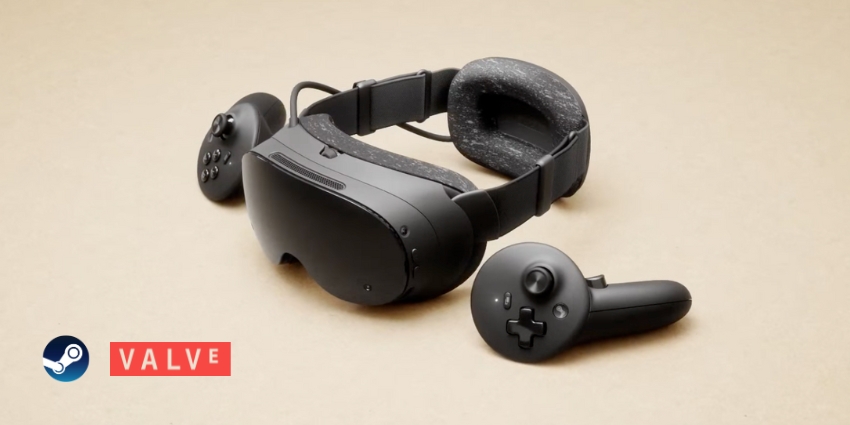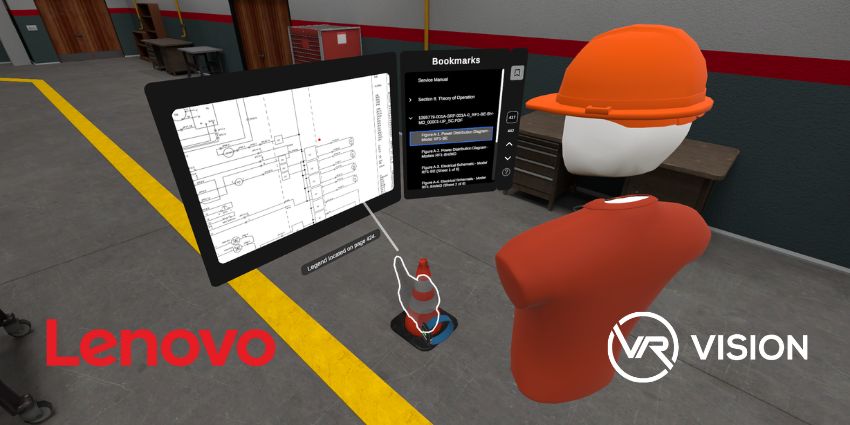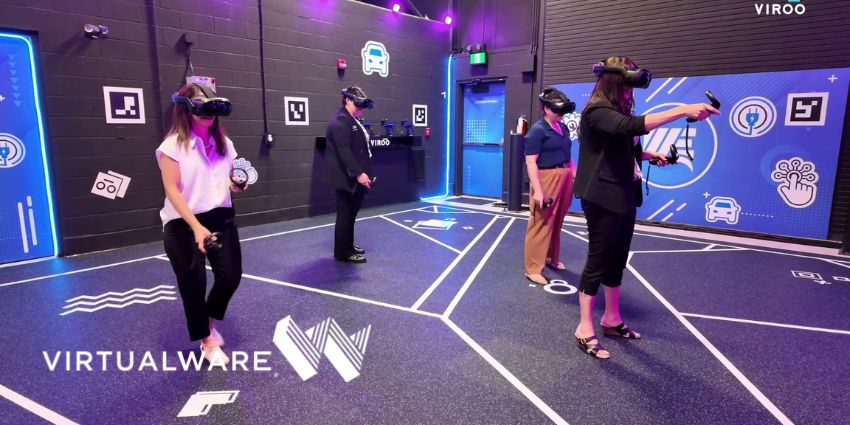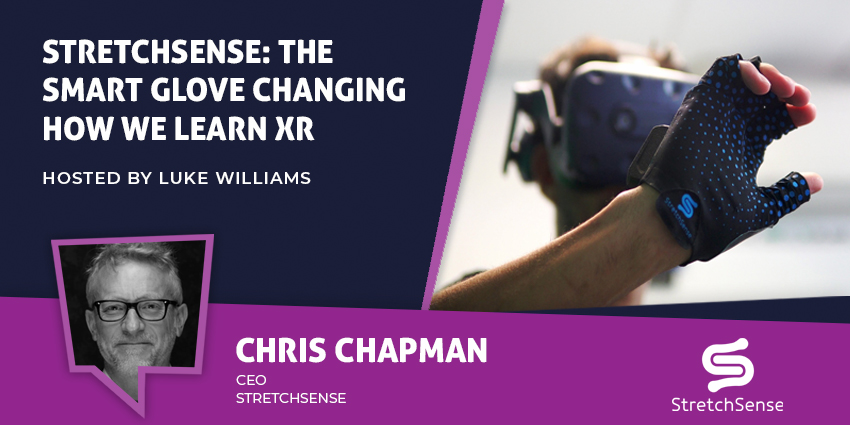The National Broadcasting Company Universal (NBCU) announced on Monday it would collaborate with Comcast to deliver an 8K virtual reality (VR) immersive viewing experience for the ongoing Beijing Winter Olympic Games.
NBCU is delivering its 8K viewing experience to smartphone users with help from the telecommunications division of Comcast, known as “Xfinity.”
Gary Zenkel, President of NBC Olympics, added,
“[By] partnering with global colleagues across Comcast, our 8K virtual reality experience for the Winter Games will offer fans a one-of-a-kind viewing experience”
The ‘NBC Olympics VR by Xfinity’ smartphone app is currently available for TV Everywhere subscribers located in the US.
With the app, users can view VR-enhanced Olympics broadcasts, including competitions in figure skating, hockey, and snowboarding, as well as opening and closing ceremonies for the event.
Sophia Ahmad, EVP of Xfinity Consumer Services, said the new app was so immersive it “rivals” attending the games in person.
She explained,
“Our robust network makes it possible for Xfinity customers to get closer to the action than ever before, experiencing for the first time, the Games in 8K VR.”
Previously, NBC worked with the International Olympic Committee (IOC) to introduce AR during broadcasts to improve audience engagement during the 2020 Tokyo Olympic Summer Games.
Immersive Olympic Broadcasting and Management
The news comes after Huawei announced that China Unicom would serve as the sole telecoms partner of the Beijing 2022 Olympic and Paralympic Winter Games.
Originally unveiled during the 2018 Olympic Expo, the partnership enables the IOC to manage big data and cloud computing requirements for attendees, sponsors, affiliates, and Olympic employees.
The Beijing-based telecom giant is distributing augmented reality (AR) remote guidance tools to assist operations and maintenance teams in performing audits and repairs.
The Beijing 2022 Olympic and Paralympic Winter Games will also employ Huawei’s iMaster NCE solution, an intelligent network management system to assist with big data distribution such as AR visualisations and 3D digital twins of the event grounds.
Also, iMaster NCE gives the IOC a powerful dynamic bandwidth function that improves event broadcasts and streaming for audiences at home. During the 2020 Tokyo Olympic Summer Games, the IOC previously introduced AR technologies to the event for the first time.
In a further partnership with Microsoft and Japanese telecom firm Docomo, front row attendees of the swimming races at the Tokyo Aquatics Centre were provided with Microsoft’s 5G-enabled, mixed reality HoloLens 2 headsets to stream real-time race information.
